Filter by
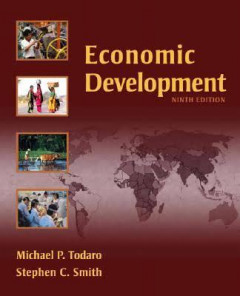
Economic Development
- Edition
- -
- ISBN/ISSN
- 9781292291208
- Collation
- -
- Series Title
- -
- Call Number
- 3
- Edition
- -
- ISBN/ISSN
- 9781292291208
- Collation
- -
- Series Title
- -
- Call Number
- 3
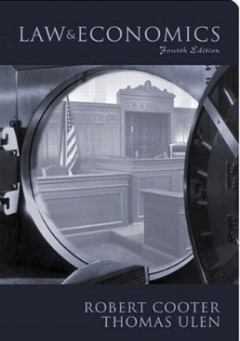
Law and Economics
Law and Economics have become central organizing philosophies in U.S. legal education. With the Fourth Edition of their best-selling text, Cooter and Ulen continue to provide students with a clear method for applying economic analysis to the study of legal rules and institutions. Following an overview of economic tools for law students and legal analysis tools for economics students, paired cha…
- Edition
- -
- ISBN/ISSN
- 9780132540650
- Collation
- -
- Series Title
- -
- Call Number
- 3
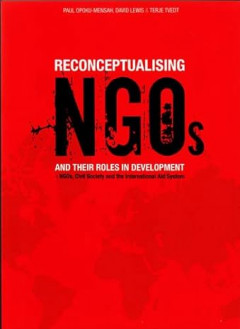
Reconceptualizing NGOs and Their Roles in Development: NGOs, Civil Society an…
Twenty years after NGOs first emerged as objects of development research, much of the research on non-governmental organisations (NGOs) and development to date has been of a variable quality. The overall aim of the book is to move forward the critical research agenda on NGOs and development by challenging its normative biases, using approaches drawn from a range of disciplinary perspectives inc…
- Edition
- -
- ISBN/ISSN
- 978-8773077993
- Collation
- -
- Series Title
- -
- Call Number
- 3
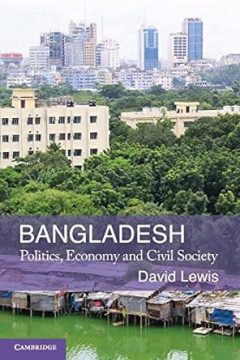
Bangladesh: Politics, Economy and Civil Society
Relatively little is known or understood about Bangladesh by outsiders. Since its hard-won independence from Pakistan in 1971, it has been ravaged by economic and environmental disasters. Only recently has the country begun to emerge as a fragile, but functioning, parliamentary democracy, relatively self-sufficient in food production and with an economy that has been consistently achieving grow…
- Edition
- -
- ISBN/ISSN
- 9780521713771
- Collation
- -
- Series Title
- -
- Call Number
- 3
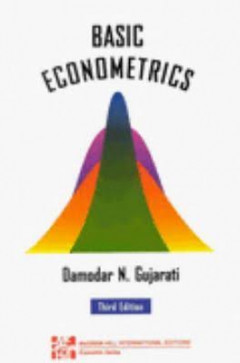
Basic Econometrics
- Edition
- -
- ISBN/ISSN
- 9780070252141
- Collation
- -
- Series Title
- -
- Call Number
- 3
- Edition
- -
- ISBN/ISSN
- 9780070252141
- Collation
- -
- Series Title
- -
- Call Number
- 3
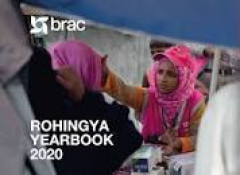
Rohingya Year Book 2020
- Edition
- -
- ISBN/ISSN
- -
- Collation
- -
- Series Title
- -
- Call Number
- 3
- Edition
- -
- ISBN/ISSN
- -
- Collation
- -
- Series Title
- -
- Call Number
- 3
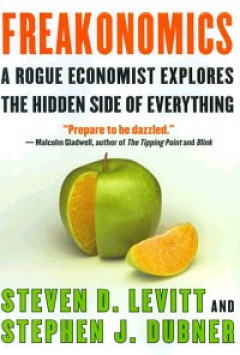
Freakonomics
In "Freakonomics," economist Steven D. Levitt challenges norms with intriguing questions. He explores various aspects of life using data and insights, showcasing how economics is about understanding incentives. Levitt delves into unconventional topics, from crime and cheating to real estate and the Ku Klux Klan. By offering a fresh perspective, the book uncovers hidden truths and presents a new…
- Edition
- -
- ISBN/ISSN
- 9780141019017
- Collation
- -
- Series Title
- -
- Call Number
- 3
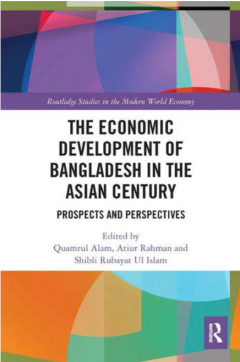
The Economic Development of Bangladesh in the Asian Century: Prospects and Pe…
This book explains the macro-drivers of growth behind the economic development of Bangladesh. Few countries in the developing world have shown as exciting a promise of economic prosperity as Bangladesh. The promising nature of the Bangladeshi economy raises interesting questions pertaining to whether good governance may lead to sustained economic growth. This book looks at the strategic interve…
- Edition
- -
- ISBN/ISSN
- 9780367541965
- Collation
- -
- Series Title
- -
- Call Number
- 3
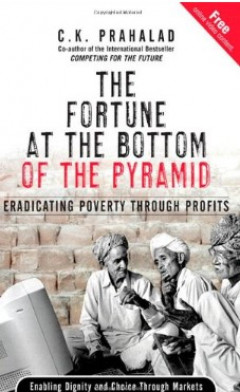
The fortune at the bottom of the Pyramid
Presents the theory that there are commercial opportunities in the poor nations of the world for private companies, and that companies can utilize this knowledge to make profits and at the same time fight poverty.
- Edition
- -
- ISBN/ISSN
- 9780131467507
- Collation
- -
- Series Title
- -
- Call Number
- 3
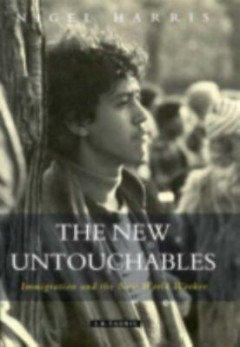
The New Untouchables: Immigration and the New World Worker
Nigel Harris's ground-breaking book examines migration as a response to changes in the world economy. He shows that, despite tighter controls, increasing numbers of workers are moving, whether legally or not, between countries. Unskilled immigrant workers play a vital role in improving standards of living in the developed world. And in turn the countries from which they have come benefit in a m…
- Edition
- -
- ISBN/ISSN
- 978-1850439561
- Collation
- -
- Series Title
- -
- Call Number
- 3